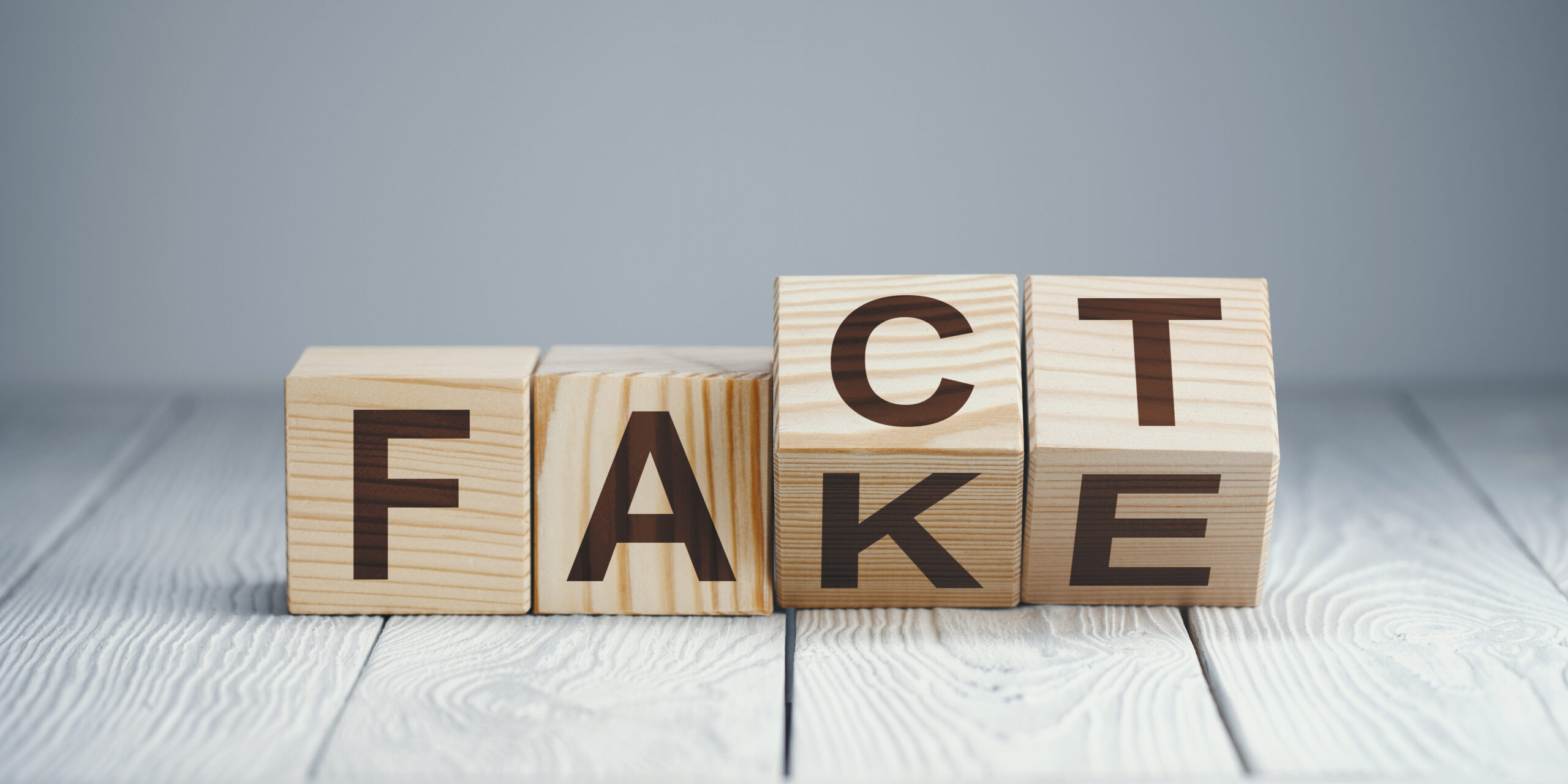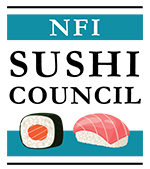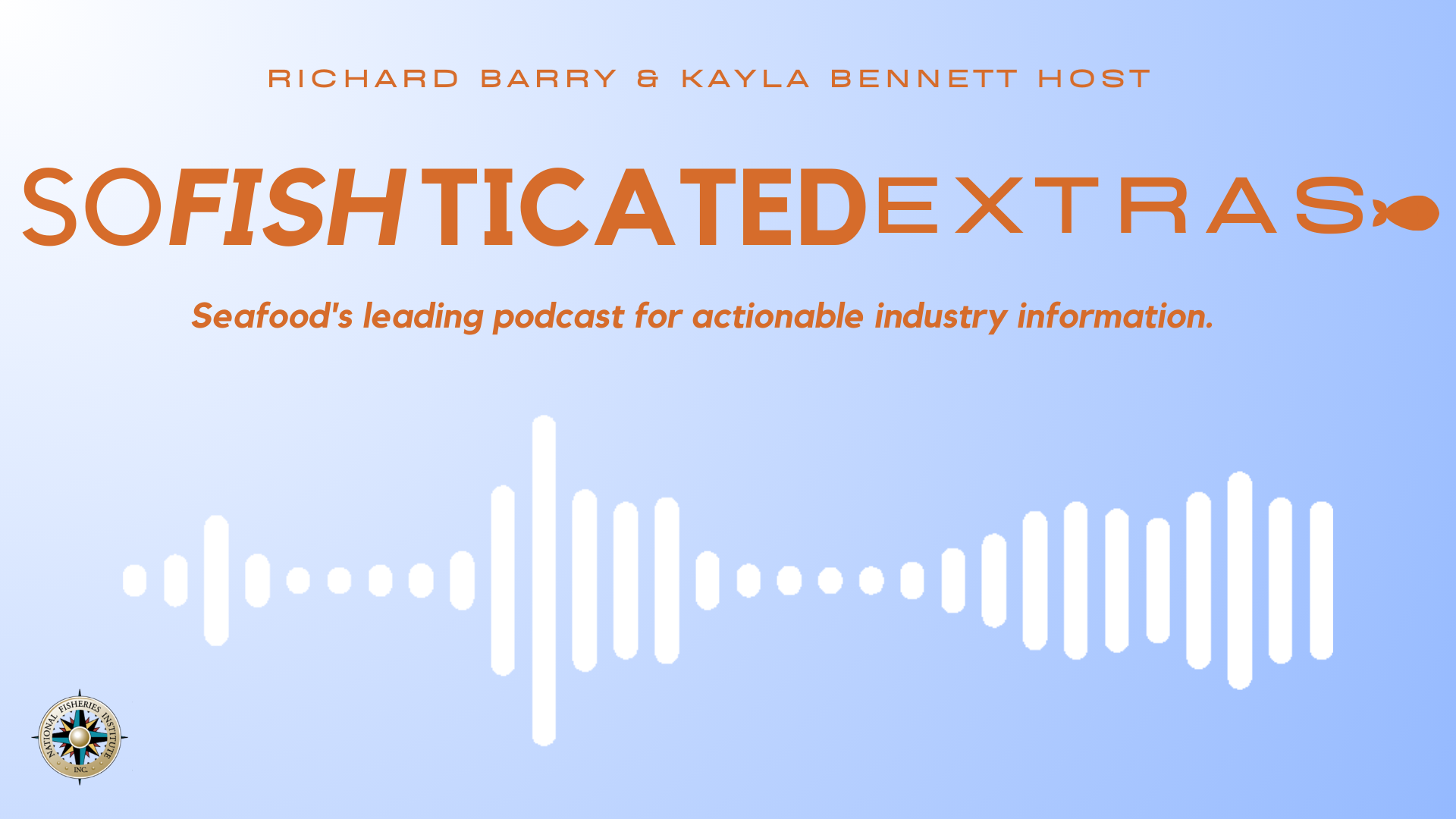Its Groundhog Day for Greenpeace
Will Greenpeace Launch Another Seafood Misinformation Campaign?
WASHINGTON, D.C. June 1, 2009 If Greenpeace remains a creature of habit, rather than responsible actor, it will unveil a third set of retailer rankings this summer that grade U.S. grocery stores based on their seafood sustainability efforts. Last June, Greenpeace gave every single U.S. chain a failing grade, yet failed to capture the attention of consumers or the cooperation of retailers. It updated its ranking in December with little or no impact.
Recently, Greenpeace launched the same campaign in Canada, with the same resultsall stores failed. But there, in a desperate search for media attention, Greenpeace activists embarked on a campaign of vandalism against those same retailers. Reporters, editors and producers are advised to keep these facts about Greenpeace in mind when considering reporting on its campaign: Fact: Before releasing its seafood sustainability rankings in June 2008, Greenpeace demanded U.S. retailers remove nearly 50% of commonly sold seafood from sale or face a poor rating. Not a single chain complied with Greenpeaces demands.
Fact: Greenpeace has and continues to threaten U.S. grocery stores with direct action if they dont comply with its demands. The group is prepared to shift from activism to vandalism if it does not get its way and already has in Canada.
Fact: Greenpeace continues to attempt to take credit for seafood sustainability efforts initiated by retailers that it played no role in. Despite Greenpeaces claims, Ahold USA’s (Giant Food, Stop & Shop etc) seafood sustainability efforts are not a result of Greenpeace’s misguided campaign. The senior seafood buyer for Stop & Shop and Giant told IntraFish magazine, “None of this is in reaction to the Greenpeace retailer rankings. These decisions were made as a result of the advice we received from the New England Aquarium.”
Fact: Former Greenpeace activists like Don White, who was a leader in the organizations U.S. branch, have abandoned the group after accusing it of capitalizing on claiming the accomplishments of others as their own while creating photo opportunities for fundraising.
Fact: Greenpeace recently crafted a fundraising drive around an erroneous scare-story that overtly misinterpreted government data in order to claim the Alaska pollock fish stock was on the verge of collapse. The campaign asked supporters to please help us prevent the collapse of our fisheries by making a generous gift today, despite the fact that government scientists who conducted the assessment publicly concluded the stock was healthy.
Fact: Greenpeace relies on Journalists who are pressed for time to simply repeat the organizations claims without questioning its motives and or its facts. The groups self-serving distortions are easily unmasked with a few well researched questions.
For more than 60 years, the National Fisheries Institute (NFI) and its members have provided American families with the variety of sustainable seafood essential to a healthy diet. For more information visit: www.AboutSeafood.com.


